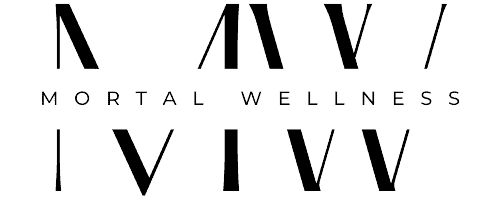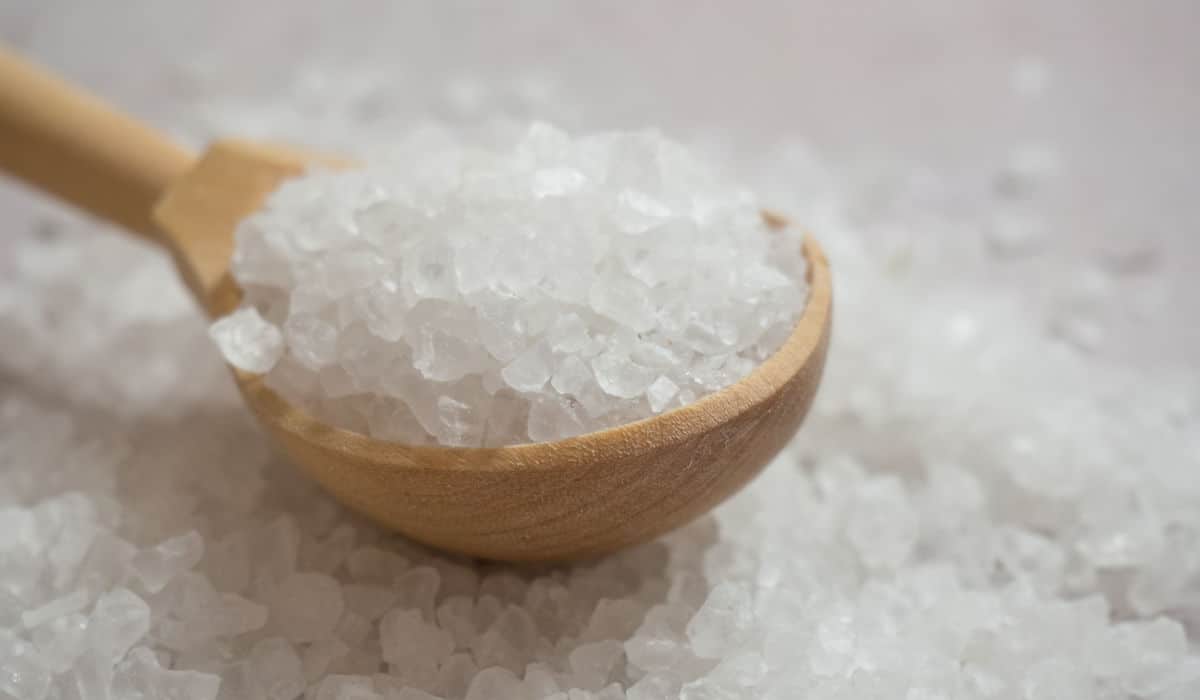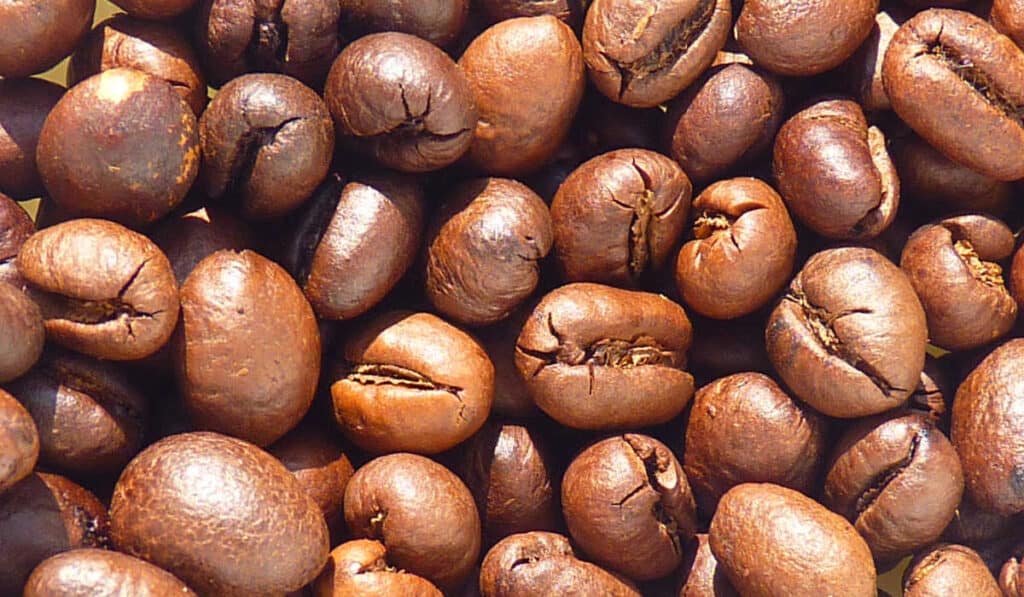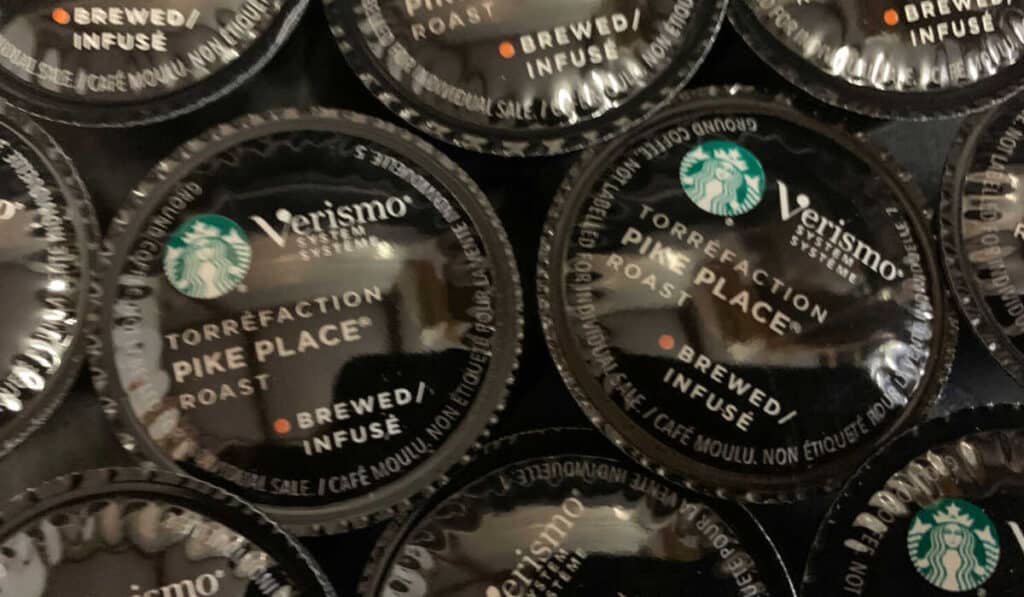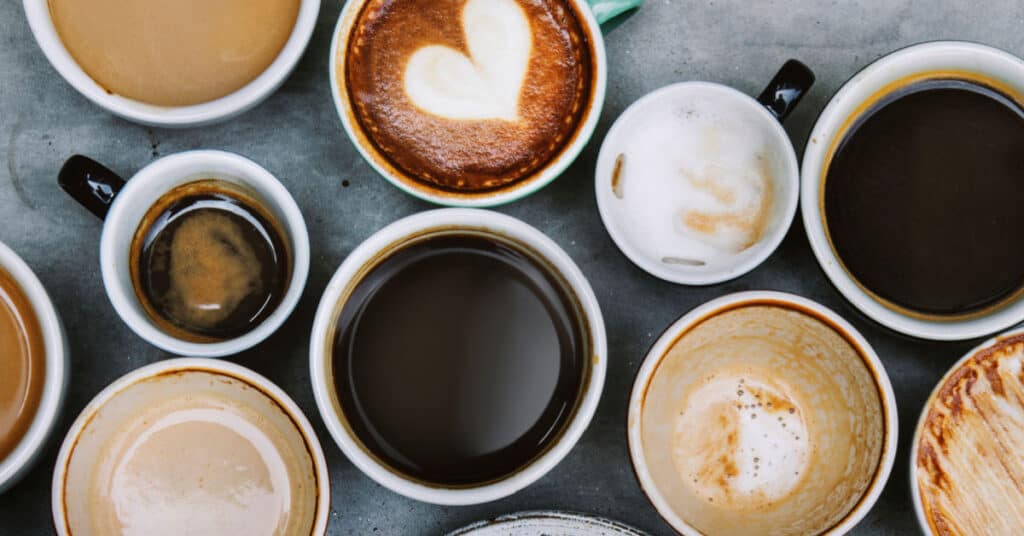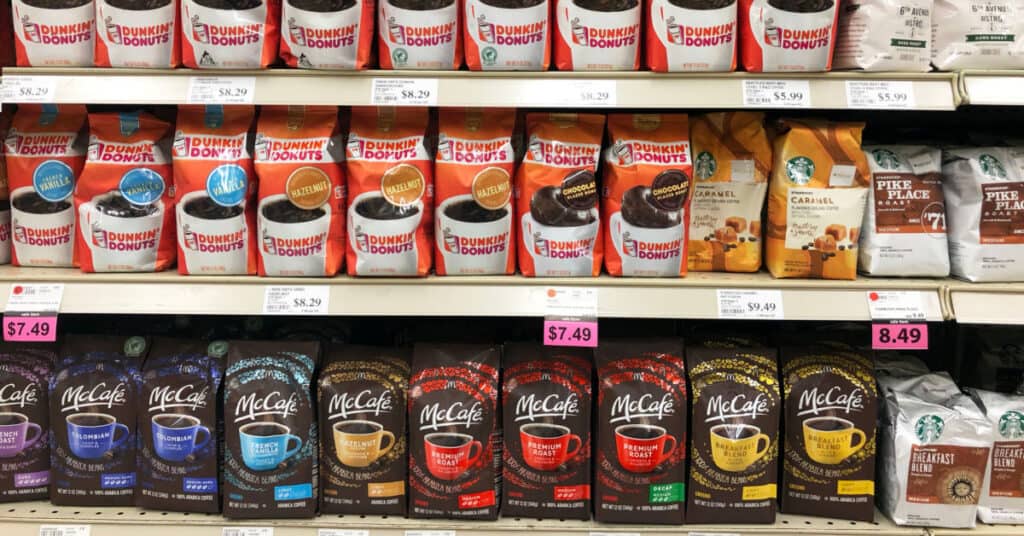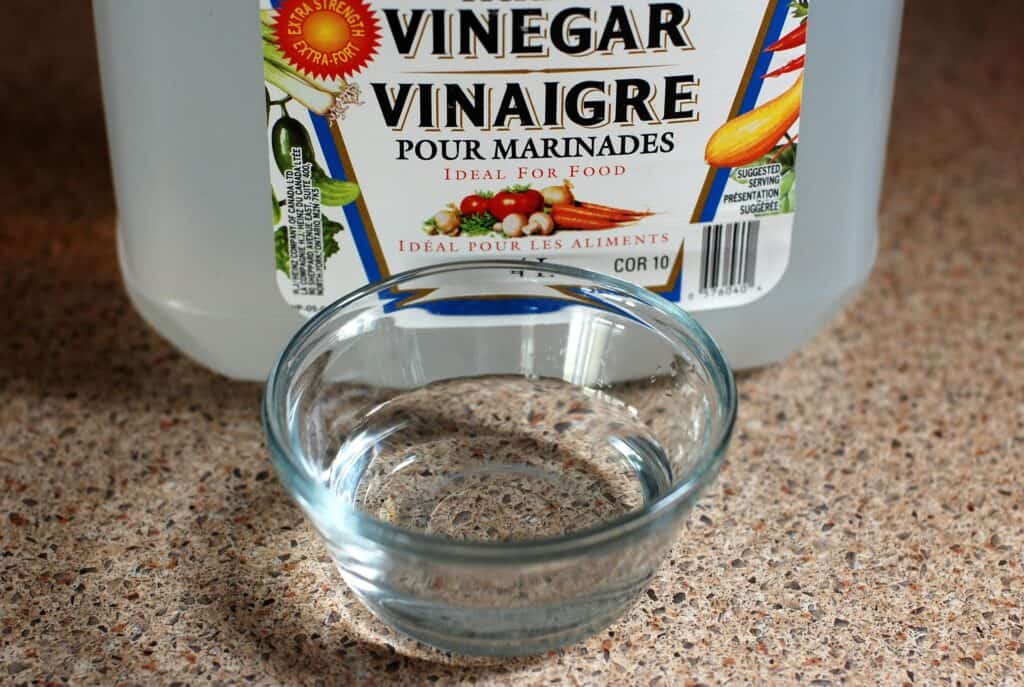As an Amazon Associate I earn from qualifying purchases.
If you are concerned about your health, you are likely to think about your caffeine and sugar intake. Is there caffeine in sugar?
There is no caffeine in sugar because caffeine and sugar are completely different chemical substances. On the one hand, caffeine is a natural chemical that has stimulant effects, and chemically it is an alkaloid. In contrast, sugar is a carbohydrate.
If you take caffeine or sugar in moderate or fewer amounts, there shouldn’t be an issue. Let’s dive in deeper and discover more cool facts on this topic!
Sugar Vs. Caffeine: A Quick Glance
| Sugar: | Caffeine |
|---|---|
| It refers to sweet-tasting, soluble carbohydrates in general. | An Alkaloid in the xanthine family. |
| Chemical Formula: Cn(H2O)n | Chemical Formula: C8H10N4O2 |
| Food items that contain sugar: Candy, Cookies, Cakes, Doughnuts, Sweet Rolls, etc. | Food items that contain caffeine: Tea, Coffee, Soda, Espresso, Energy Drinks, etc. |
Does Adding Sugar Add Caffeine?
As a general rule, adding sugar to your coffee doesn’t add caffeine and its level remains the same. However, the efficacy of caffeine in your coffee decreases because now you have to break down the sugar first before you absorb the caffeine.
Interaction of Sugar With Caffeine
According to one study, an interesting finding is observed about the interaction of sugar and caffeine.
Sugar increases the solubility of water and the concentration of single caffeine molecules. However, it does decrease that of the caffeine oligomers, which are nothing but many caffeine molecules connected together.
This is an interesting finding because, unlike common hydrotropes, sugar is acting as a selective hydrotrope while interacting with caffeine (as they only act differently based on the different solvated forms of the drug)
Typically, caffeine is hydrophobic (tendency to repel or unable to mix with water) in nature. So because of this fact, the molecules of caffeine tend to clump together in the water.
But if hydrotropes (compounds that solubilize hydrophobic compounds in an aqueous solution) are added, they can reduce the clumping behavior by surrounding those drug molecules.
The efficacy of caffeine monomers in comparison to oligomers is not clearly calculated. But this study tells us coffee lovers about the interesting chemistry inside the cup!
Apart from this, adding sugar to your coffee does one more thing. It reduces bitterness in your coffee.
Effect of Sugar In The Taste Of Caffeinated Beverages
According to another study done by Dr. Seishi Shimizu, sugar doesn’t only decrease the bitterness of tea and coffee by masking it. But, it also does that by influencing the basic chemistry.
Caffeine is well-known for its stimulant effects. But did you know that the bitterness in tea and coffee is also due to the same caffeine!
In regular brewed black coffee or tea in which no sugar is added yet, the molecules of caffeine generally bind with the water molecules.
However, when sugar is added, the caffeine molecules’ distribution change. The molecules of sugar tend to bind with the water molecules. Whereas the caffeine molecules tend to bind with each other (probably they try to avoid sugar molecules).
As a result of these chemical reactions and processes, clump formation of caffeine molecules occurs instead of their even distribution. As the caffeine molecules bind and aggregate, a less bitter taste of them is observed.
What Is Worse: Caffeine or Sugar?
Generally, sugar is a bit worse than caffeine, although both are ok if taken in moderation.
The American Heart Association recommends an added sugar limit of no more than 6 teaspoons for women and 9 teaspoons for men. However, an average American consumes an added sugar of about 22 teaspoons a day.
Excessive sugar intake can have many bad impacts on your health. For instance, if you consume excessive sweetened food and beverages, you will eventually have to suffer from blood sugar problems, weight gain, and higher heart disease risk, among other threatening conditions.
The caffeine intake is safe in moderate amounts, and you probably won’t face any issues. As long as you stay within the recommended consumption limit of only 400 mg/day, you don’t need to worry. However, just like consuming anything in excess is bad, the same goes for caffeine.
If you consume too much caffeine, you may start facing health problems such as headaches, dizziness, insomnia, restlessness and shakiness, anxiety, etc. Moreover, some people may get more affected because of caffeine as compared to others.
Final Thoughts
In short, no caffeine is present in sugar, and both are different chemical substances. However, when we add sugar to the cup of tea or coffee, chemical interactions do happen.
And both of the compounds have some drawbacks when you consume them in excess. So the key thing is to consume both of them only in the required moderated amounts for better health.
